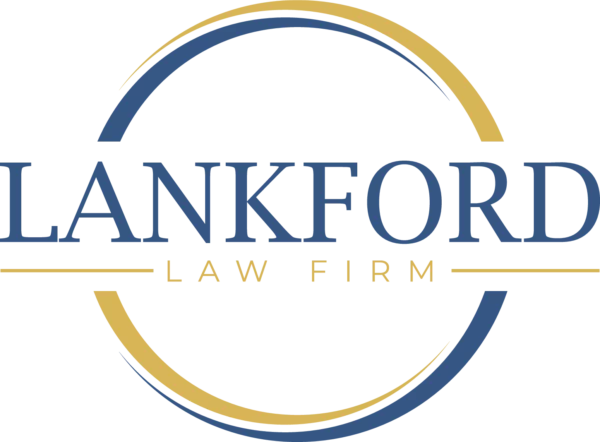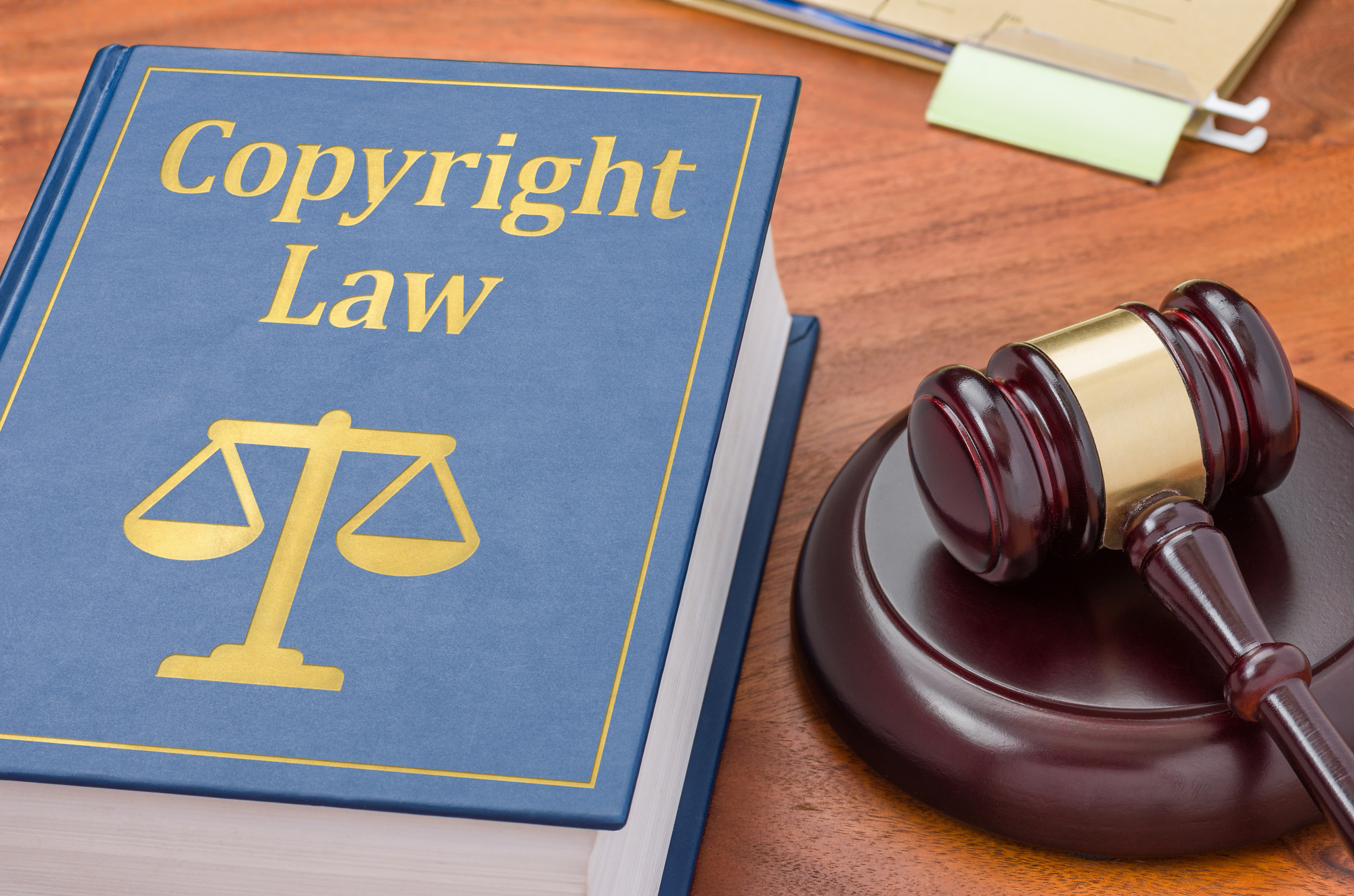A trademark is a phrase, a word, a name, or a symbol that distinguishes the services or products of one company from those of another company. If you are a victim of trademark infringement, or if you are accused of trademark infringement, a good Daytona Beach attorney can help.
How is trademark infringement defined? How can you protect your company’s own trademark? And how can you avoid accidentally infringing on another company’s trademark?
If you’ll keep reading, those questions are about to be answered in this brief discussion of trademarks – and the rights of business owners – here in the state of Florida.
HOW CAN YOU STOP TRADEMARK INFRINGEMENT?
When a trademark is used without authorization, the trademark owner may or may not be able to stop the infringement by bringing a legal action. The success of that legal action will primarily hinge on whether or not the unauthorized use of the trademark confuses the average consumer.
An infringement lawsuit may be filed in a Florida court, and if the trademark is protected under the Trademark Act of 1946 (also called the Lanham Act), an infringement lawsuit may be filed in a federal court.
An unauthorized trademark does not have to be a precise, identical copy of an original trademark in order to infringe on the original owner’s rights. If the unauthorized trademark is similar enough to the earlier mark to confuse the average consumer, its use may constitute infringement.
A company’s trademark is like a person’s name – you don’t want yours being used by another. If a competitor is infringing on your original trademark, speak at once with an experienced Florida business attorney about whether you should seek an injunction and ask for monetary damages.
WHAT WILL A COURT CONSIDER IN A TRADEMARK INFRINGEMENT CASE?
However, the best way to move forward with a trademark infringement claim, and what in fact constitutes trademark infringement, is not always clear. Trademark laws are aimed at protecting consumers, so when a trademark infringement claim arises, a court will consider these questions:
- Is the allegedly infringing trademark being used on competing services or goods? That is, will the sale of items with the allegedly infringing trademark impact the sales of items with the original trademark?
- Are consumers likely to be confused by the allegedly infringing trademark? Is the allegedly infringing trademark being used in the same geographical region as the original? Is it used on goods similar to the goods with the original trademark?
Every trademark infringement case is unique, and no single factor will determine the outcome. These are just some of the questions that a court will consider in the course of a trademark infringement case.
WHAT IS TARNISHING OR DILUTING A TRADEMARK?
In addition to your claim that an infringing trademark is confusing consumers, as the original trademark owner, you can also claim that the infringing trademark is “diluting” or “tarnishing” your original.
Dilution happens when the unauthorized use of a trademark hurts its reputation or renders it “common” through too much use. Your company’s trademark is recognizable and distinctive – and you want it to stay that way.
Even if consumers are not confused, unauthorized trademark use that hurts the original brand through tarnishment and dilution is trademark infringement.
Probably no one, for instance, would be confused if a tobacco company marketed “Johnson & Johnson Cigarettes,” but a company known for healthcare products would not want to be linked to tobacco, so using their trademark on cigarettes would probably be trademark infringement.
ARE TRADEMARK USE AND TRADEMARK REGISTRATION IMPORTANT?
But before you talk to a lawyer and file a lawsuit, a business owner should understand that you must actually be using a trademark to keep others from using it. A business cannot stop the unauthorized use of its trademark unless that company is in fact currently using the trademark.
Trademarks for international and interstate business should be registered with the U.S. Patent and Trademark Office (USPTO). Registration is a legal record of a trademark’s ownership, and it gives a trademark owner exclusive rights to use the mark and to take legal action to protect it.
Registration also lets you use the “®” symbol, indicating that the trademark is registered with the USPTO. If your trademark is federally registered, you have a stronger infringement claim if another business uses a similar trademark in the same “class” or sphere of services or products.
WHAT IF YOUR TRADEMARK ISN’T REGISTERED?
If your trademark is not registered, you may use the symbol “TM” for your goods or “SM” for your services. These symbols indicate that you are using your trademark or service mark as a “common law” trademark or service mark.
If your trademark does not have federal registration, you still have some legal protection under Florida’s unfair competition laws, but only in Florida. If a company in another state uses your trademark, and if that trademark is not registered, you may not have any legal recourse.
Of course, it will take a bit of time and a little cash to register a trademark, but registering your trademark as early as possible can prevent trademark-related legal problems from ever emerging – saving you considerable time and money “down the road.”
HOW CAN YOU AVOID UNINTENTIONAL TRADEMARK INFRINGEMENT?
How can you avoid accidentally infringing on another company’s trademark?
Before you register a trademark, ask a business attorney to conduct a trademark search to determine if another company is using a similar trademark. Registering a trademark can take up to a year, but registration can last forever as long as you file the paperwork to keep it in effect.
WHAT ABOUT INTERNATIONAL TRADEMARK PROTECTION?
Because of our state’s proximity to the Caribbean, many Florida-based businesses are international businesses. Can you acquire international trademark protection?
The Madrid Protocol is an international agreement that offers legal protection for trademarks in a number of nations by submitting a single application to a single office. An experienced business lawyer can help if your company needs international trademark protection.
WHEN SHOULD YOU SPEAK TO A FLORIDA BUSINESS ATTORNEY?
To learn more about trademark protection, trademark infringement, and trademark registration – or if you need legal advice or representation right now for a trademark-related matter – schedule a consultation with a Daytona Beach attorney who has considerable business law experience.
Protect yourself and your Florida business. If you are not already using the services of an experienced Florida business attorney, make the call promptly. An attorney’s help is your right, and protecting your business is the right thing to do.
By: Melody Lankford
After graduating from Davidson College, Melody Lankford earned her J.D. from Florida State University’s College of Law in 2004 and was admitted to the Florida Bar that same year. Ms. Lankford joined Raydon Corporation as in-house counsel in 2004. She worked there until 2012, when she founded the Lankford Law Firm. She is an experienced Daytona Beach small business attorney who offers sound legal counsel and experience-based insights to her business clients.


 Call Us Now
Call Us Now Email Us Now
Email Us Now


